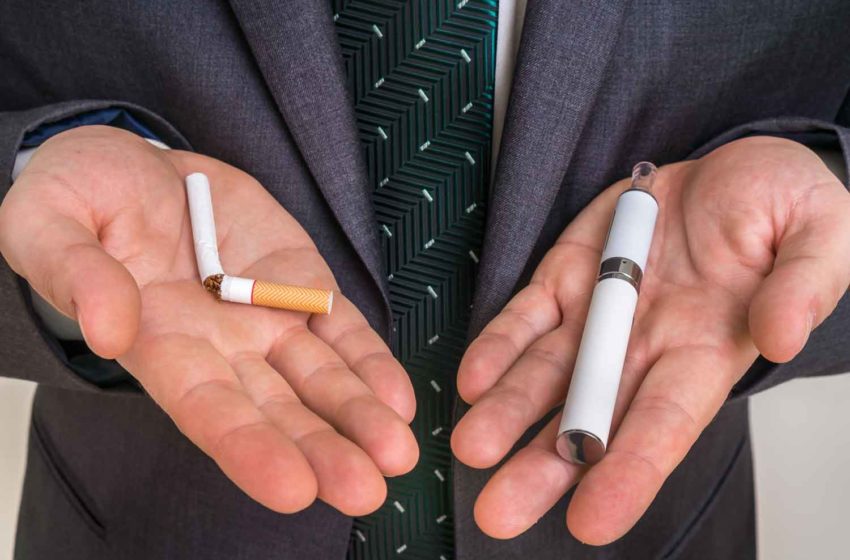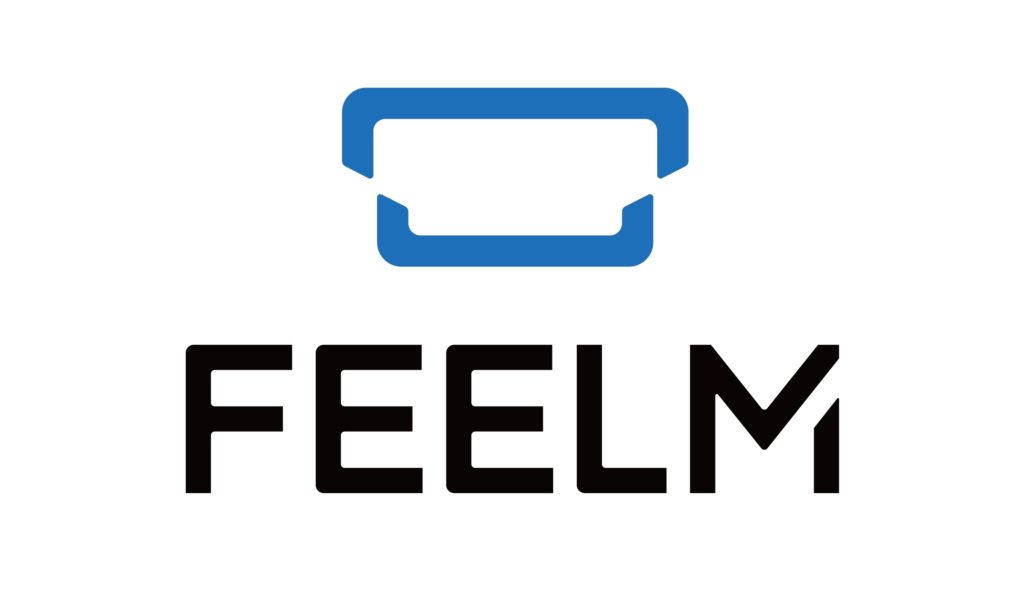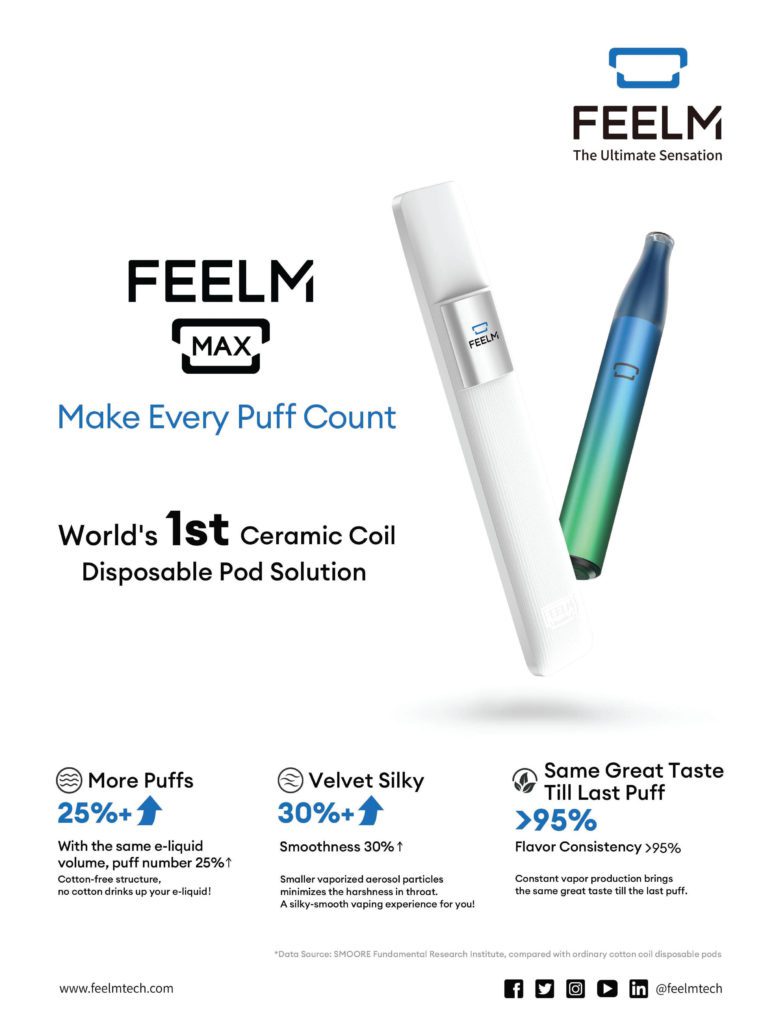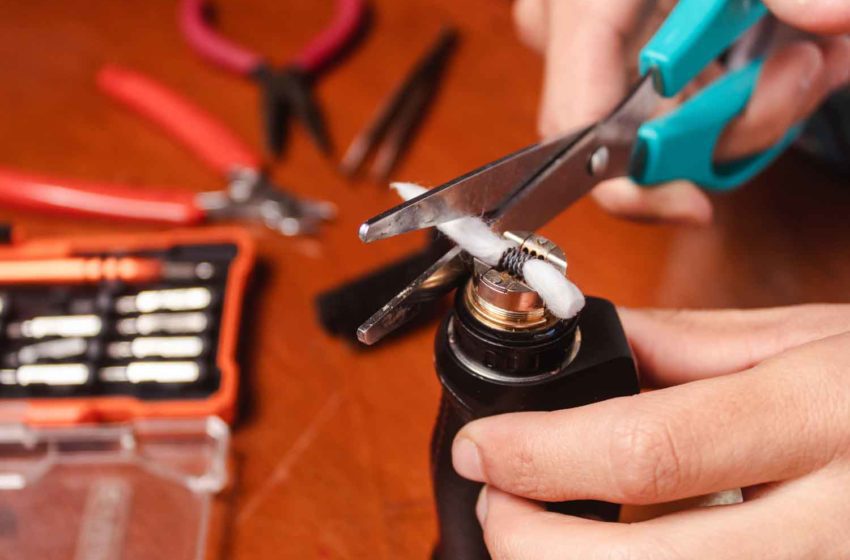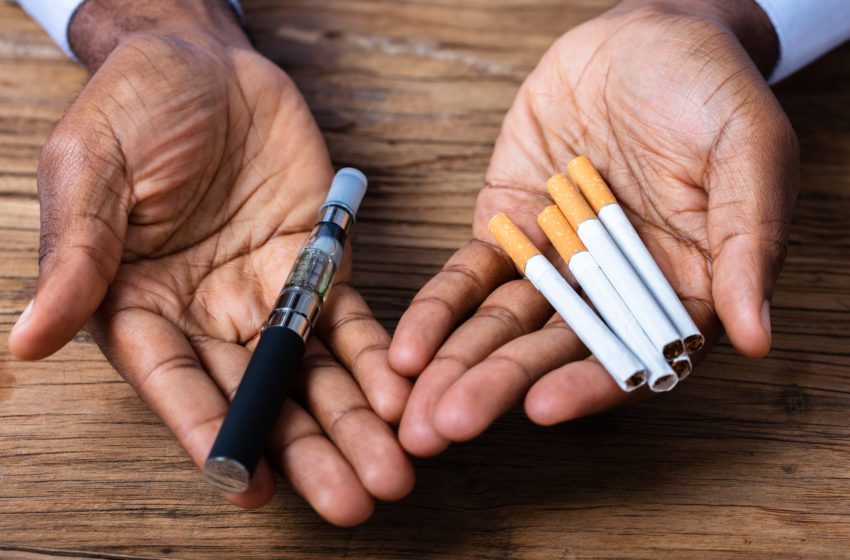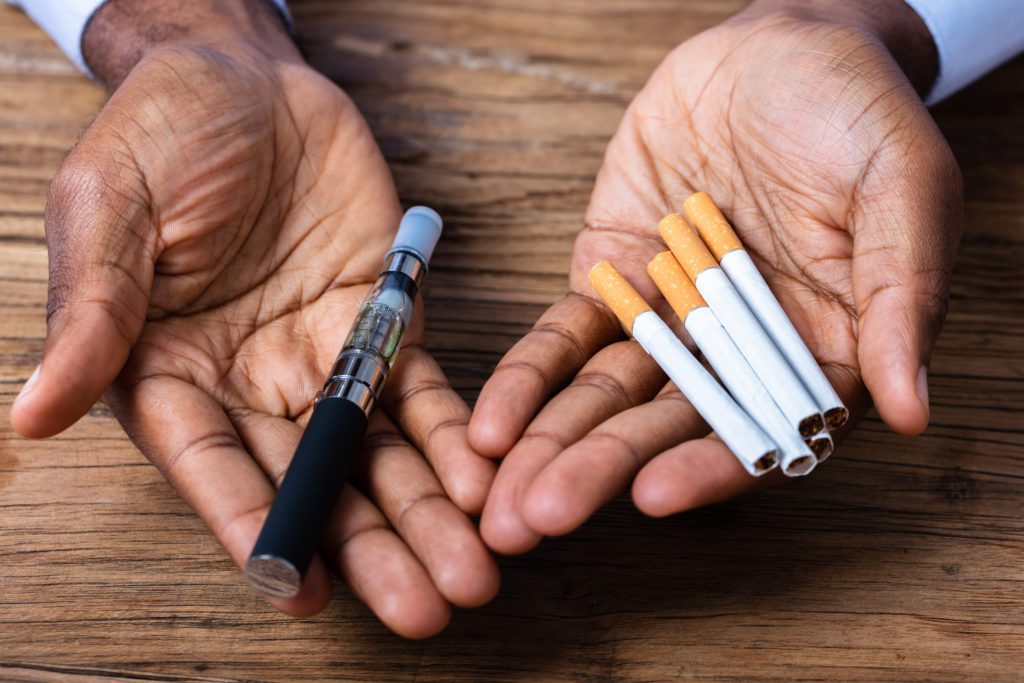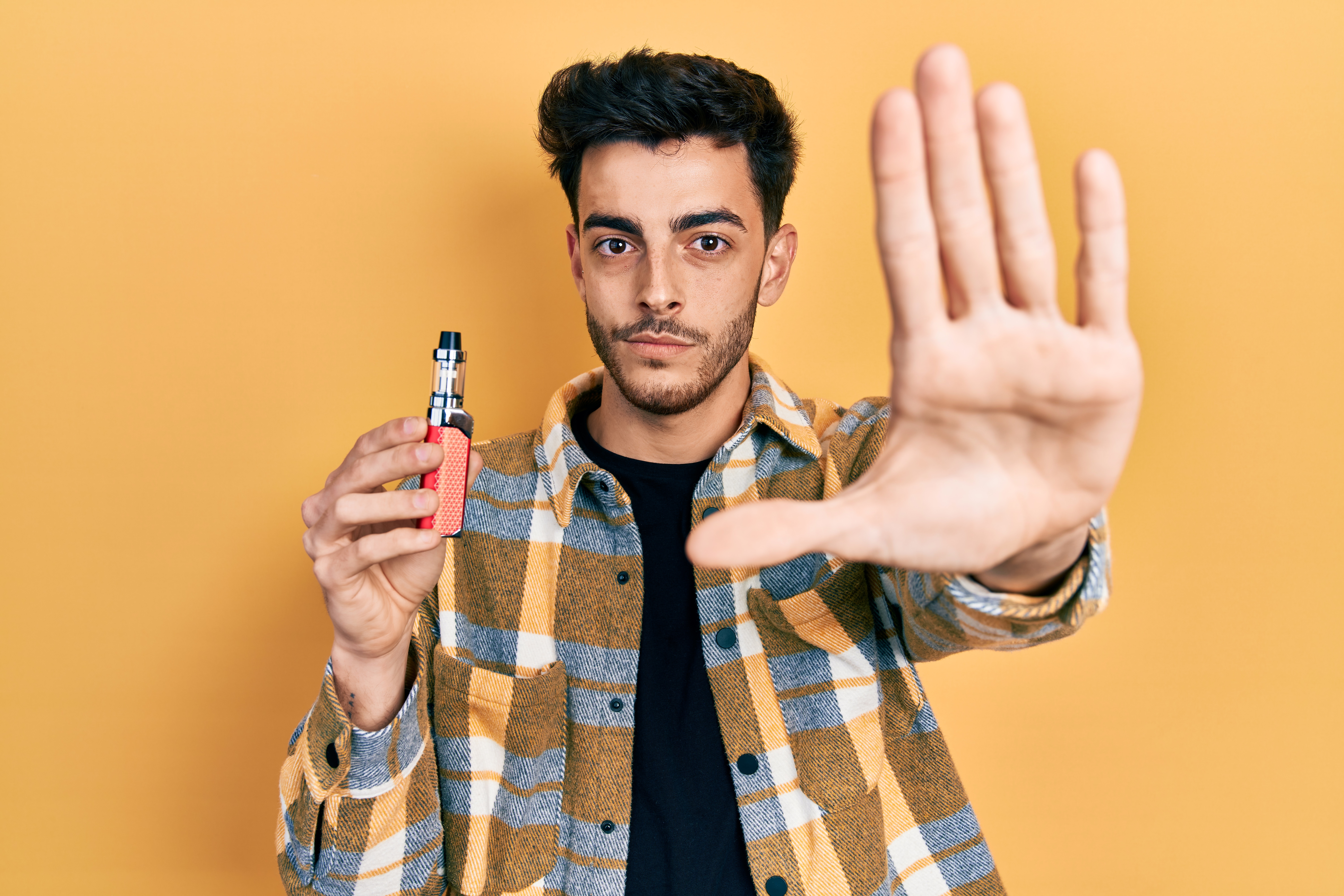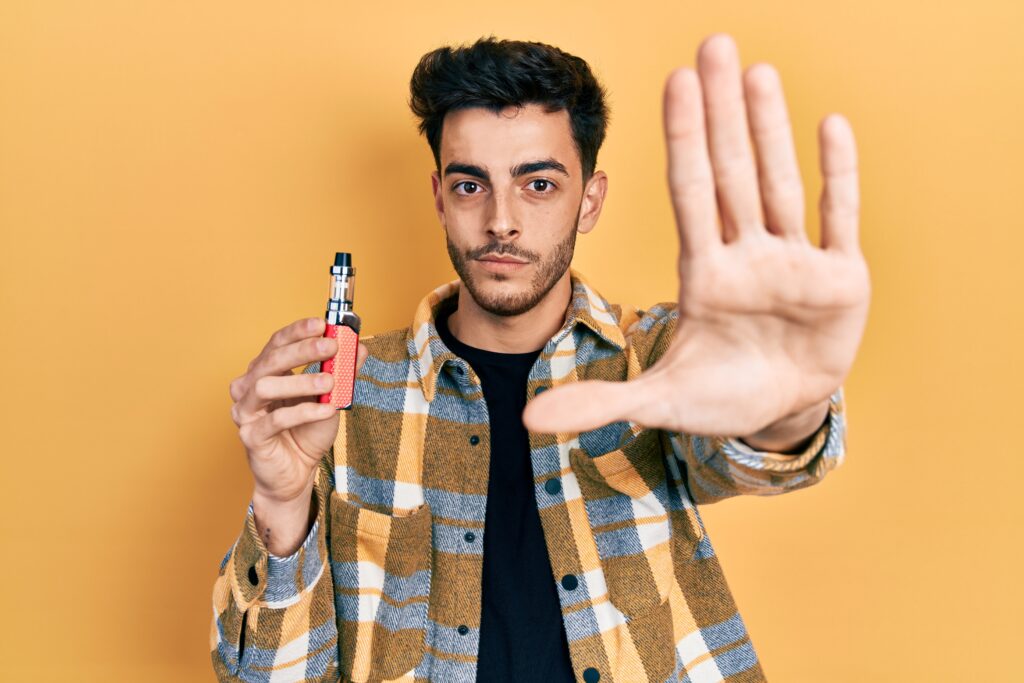
When the U.S. Food and Drug Administration told Juul Labs it needed to pull its e-cigarette from the market, Altria stock (MO) hit a more than 52-week low of $41.00 in early July. On Aug. 15 MO was trading up 0.2 percent at $45.35.
Altria stock has fallen 7 percent over the past 12 months and is currently trading down 21 percent since peaking at a three-year high of $57.05 in early May, according to Schaefer’s Investment Research.
Additionally, shares of MO have dropped 6 percent year-to-date. However, Altria stock has increased 8 percent over the past month and is up 10 percent since the July low.
The FDA ordered Juul Labs to remove its products from the U.S. market and MO plummeted until, on July 6, the FDA said it was temporarily lifting its ban on Juul products.
The tobacco company’s valuation metrics remain mixed, with Altria stock trading at an intriguing forward price-earnings ratio of 9.29 but also at a high price-sales ratio of 3.92.
“Nonetheless, MO offers an incredible dividend yield of 7.97% with a forward dividend of $3.60, making it one of the highest dividend yields available on the stock market today,” the story states.
MO has struggled to maintain consistent growth on the bottom line over multiple years as well, reporting an $8.3 billion decrease in net income for fiscal 2019 and a $2 billion decrease for fiscal 2021.
Still, the tobacco company is expected to end fiscal 2022 with 5 percent revenue growth.


